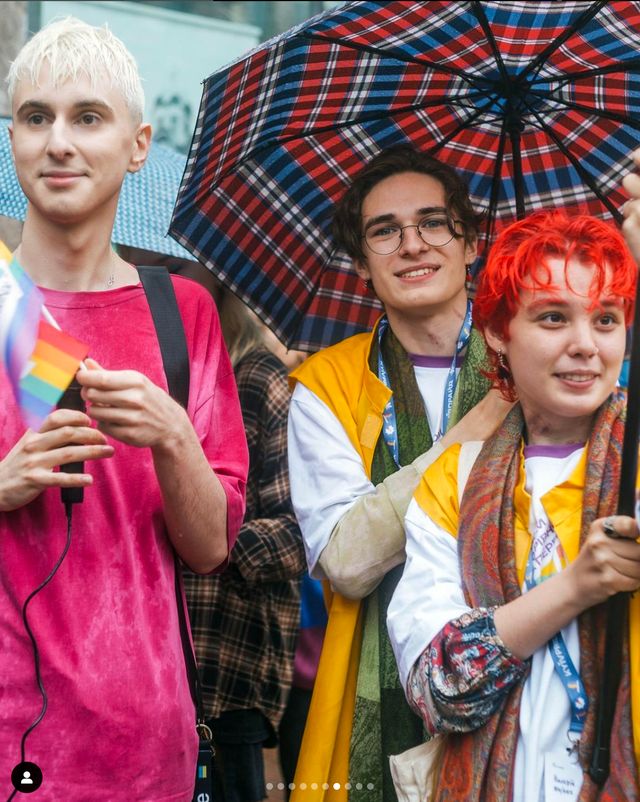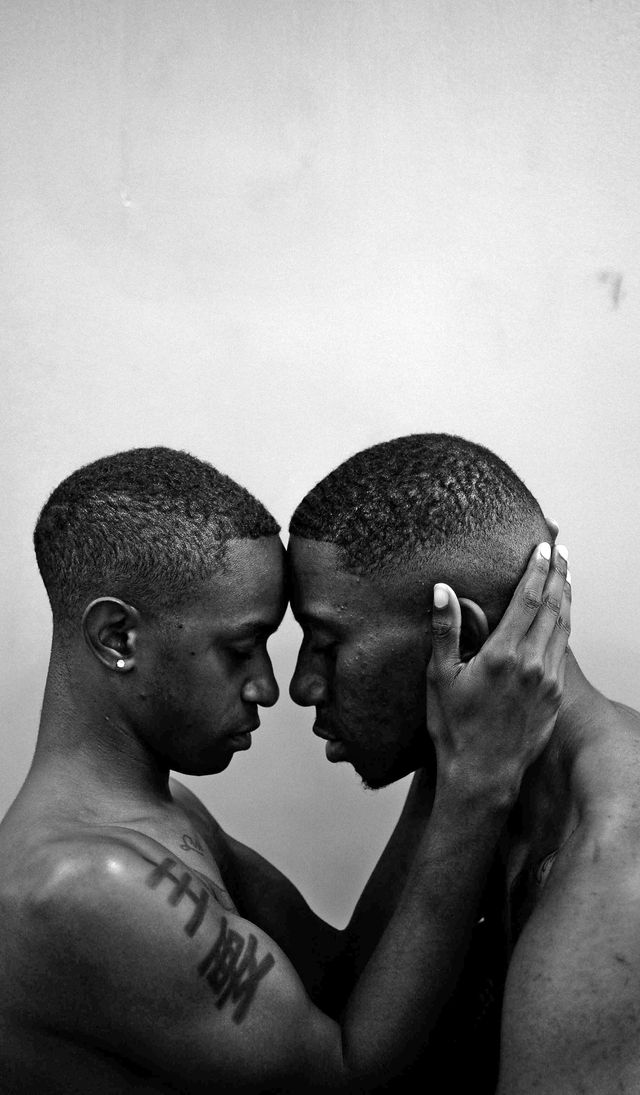Thailand passes the marriage equality bill, a Pride march in Ukraine shuts down, and a court in Namibia overturns the law banning gay sex.
Thailand Passes Marriage Equality Bill
Thailand became the first country in Southeast Asia to recognize marriage equality following the Senate’s passage of the marriage equality bill.
According to Al Jazeera, the upper house on June 18 approved the bill in its final reading with 130 votes in favor from the 152 members in attendance. Four senators voted against and there were 18 abstentions.
Now, the legislation goes before King Maha Vajiralongkorn for assent and will go into effect 120 days after it is published in the royal gazette.
“This landmark moment is a reward for the tireless work of activists, civil society organizations and lawmakers who have fought for this victory,” said Amnesty International’s Thailand researcher Chanatip Tatiyakaroonwong in a statement.
Ukraine’s First Pride March Since Russian Invasion Shut Down
Photo via Kyiv Pride, Instagram.
After only 10 minutes, the first Pride march in Kyiv since the Russian invasion of Ukraine was stopped by police due to safety fears.
Police told organizers that conservative groups and regular Russian attacks posed a dual threat, which is why the event was held close to a shelter with heavy police presence.
According to The Guardian, several hundred people gathered in the rain waving rainbow flags and calling for tougher legal protection in areas of hate crime law, marriage equality, and more.
“We always face significant opposition and violence in our efforts to organize Pride events, many homophobes believe it should not be allowed in Ukraine for gays to have rights,” said Robert Lutsenko, one of the event organizers.
Court In Namibia Overturns Law Banning Gay Sex
Photo via Pexels.
A law that criminalized gay sex has been overturned in Namibia after three high court judges said the laws amounted to unfair discrimination under Namibia’s constitution.
The judgment read, “What threat does a gay man pose to society, and who must be protected against him? We are of the firm view that the enforcement of private moral views of a section of a community (even if they form the majority of that community), which are based to a large extent on nothing more than prejudice, cannot qualify as such a legitimate purpose.”
According to The Guardian, the law was rarely enforced, but activists said it contributed to discrimination from the community and violence by the police. UNAids, a UN agency that advocates for global action on HIV and Aids, said the law contributed to discrimination against LGBTQ Namibians in healthcare facilities and that the ruling would encourage more people to come forward for HIV testing and treatment.
“I feel elated. I’m so happy. This really is a landmark judgment, not just for me, but for our democracy,” said Friedel Dausab, the Namibian LGBTQ activist who established the case.








